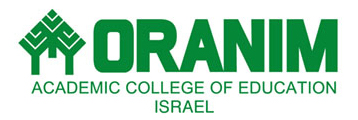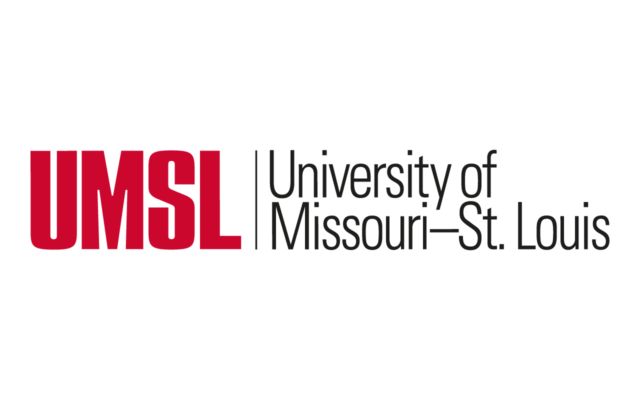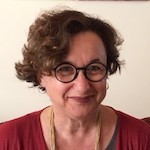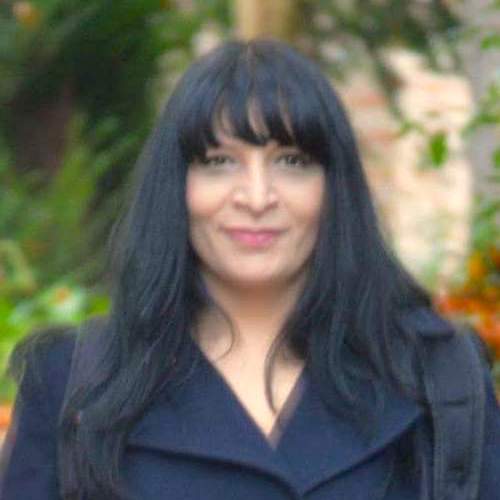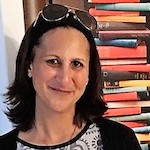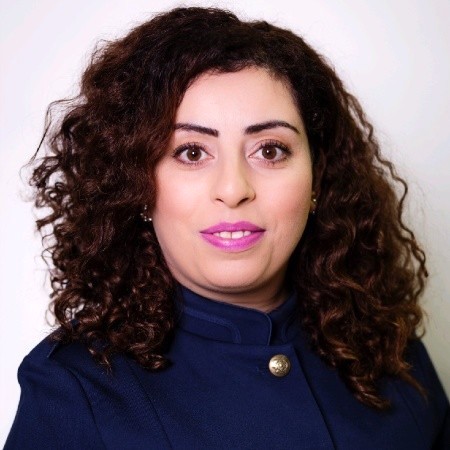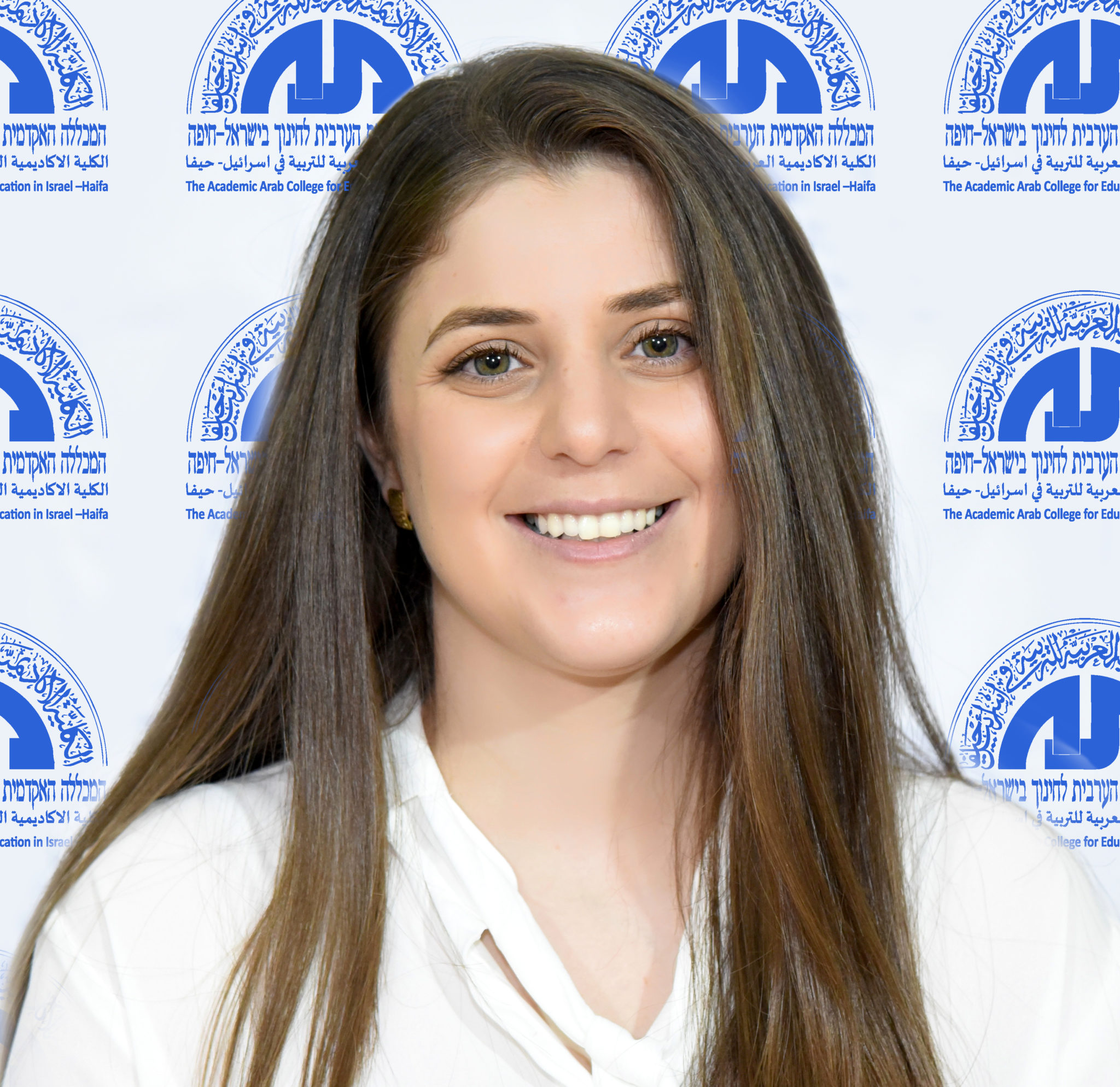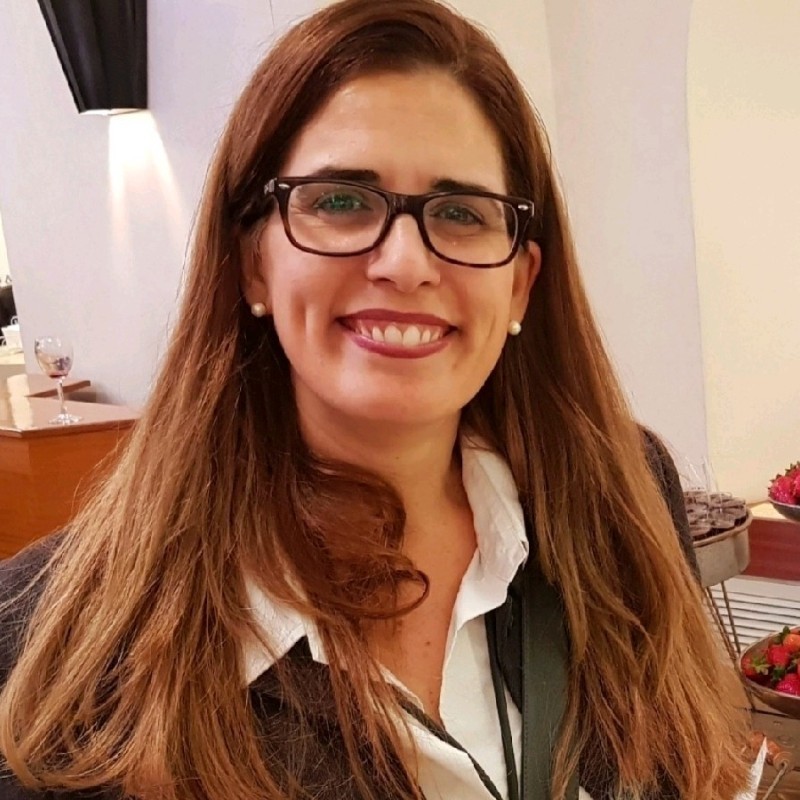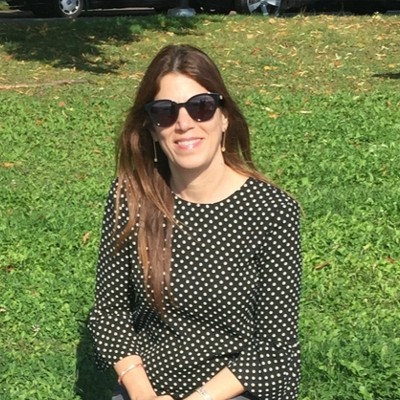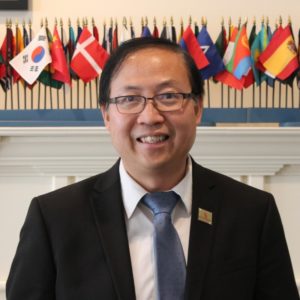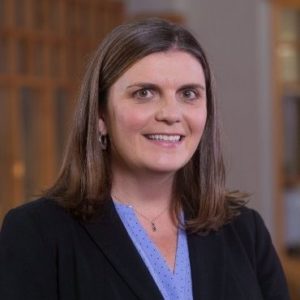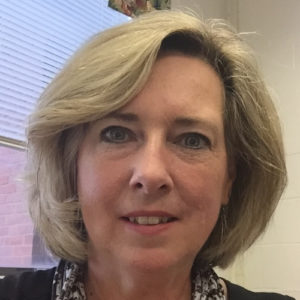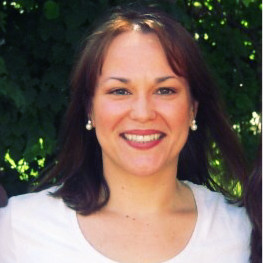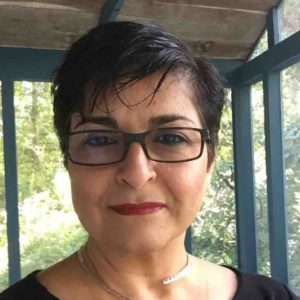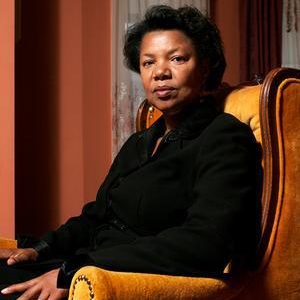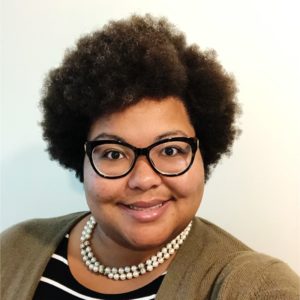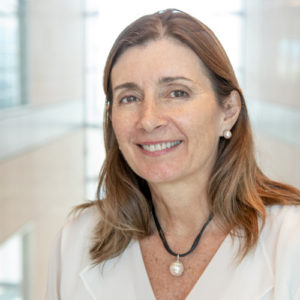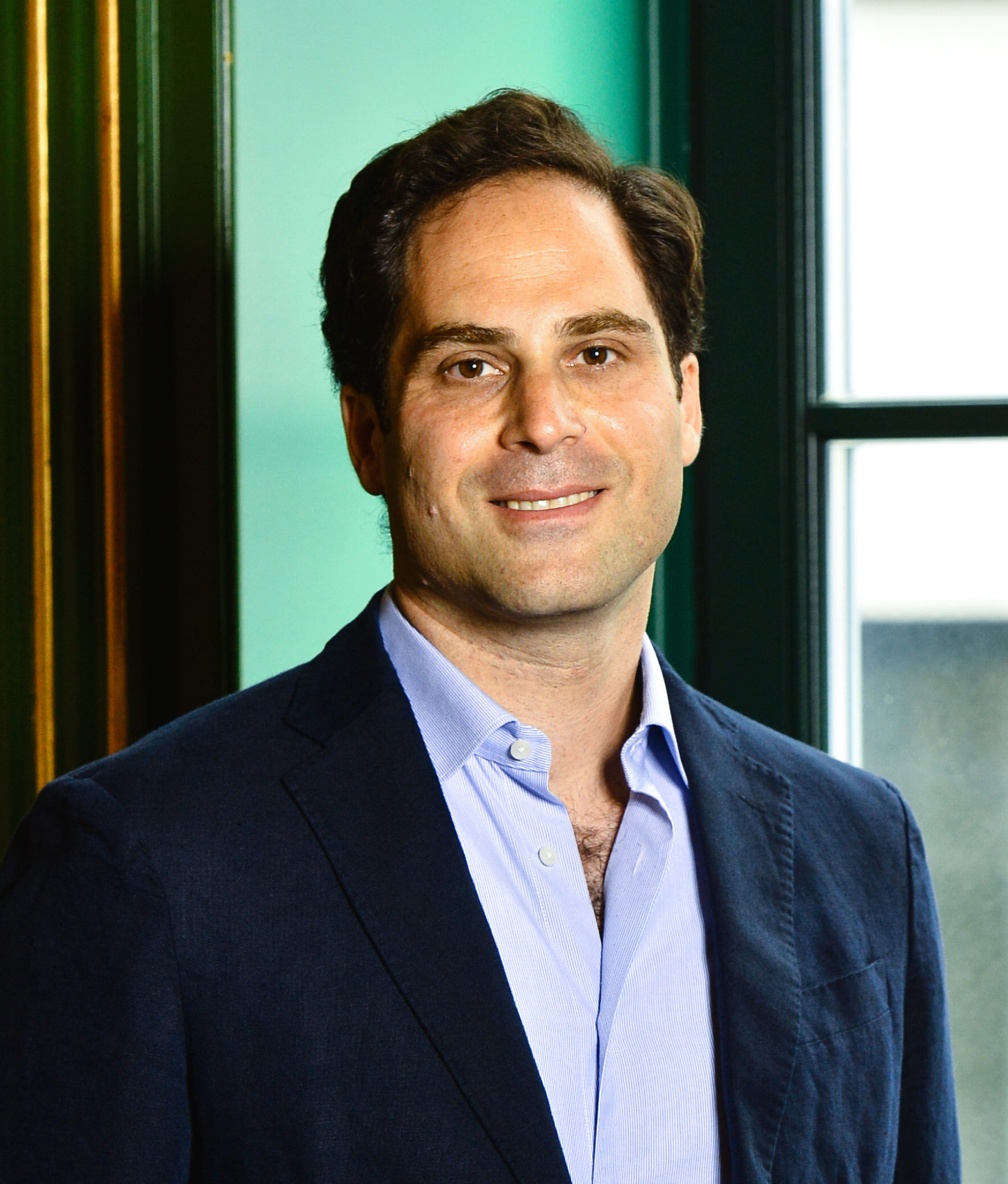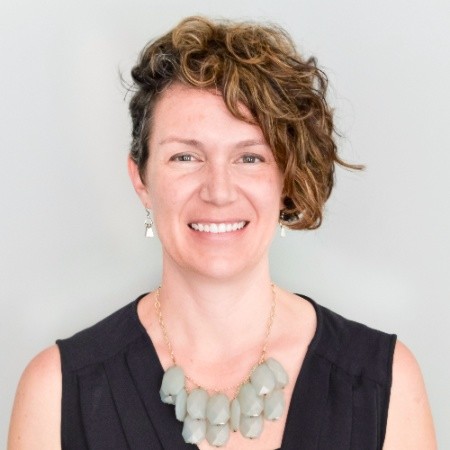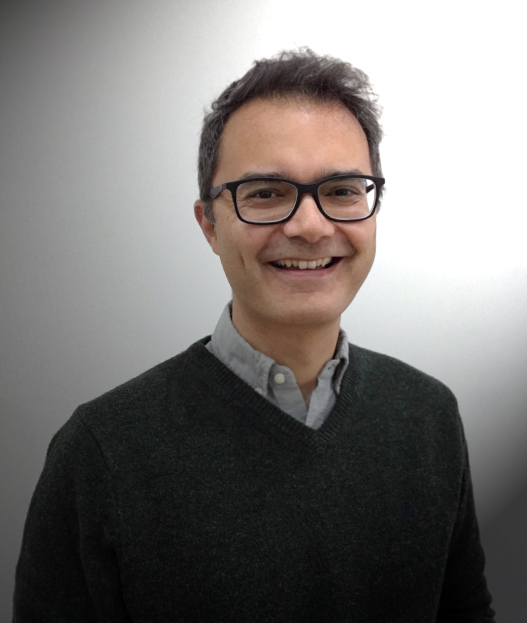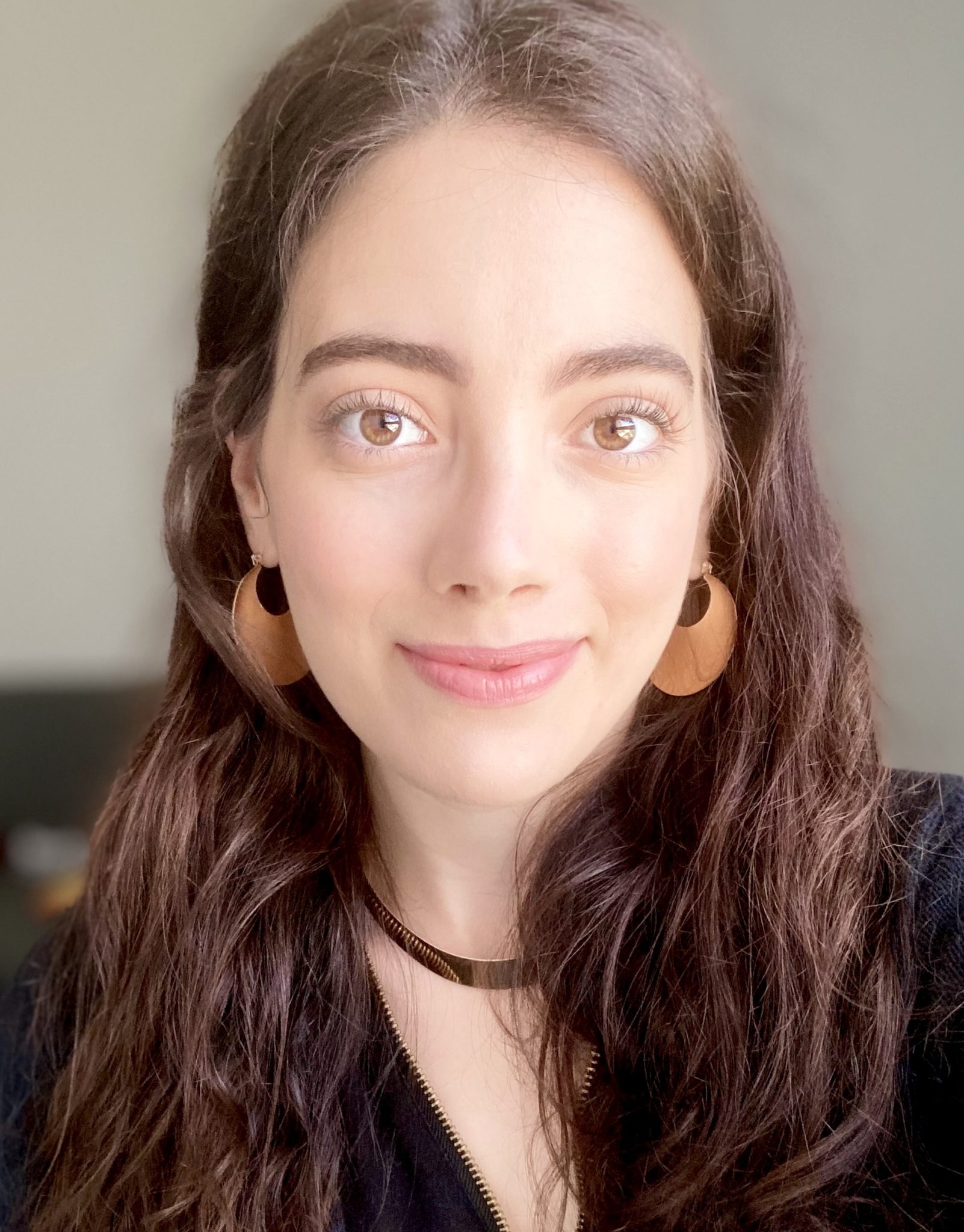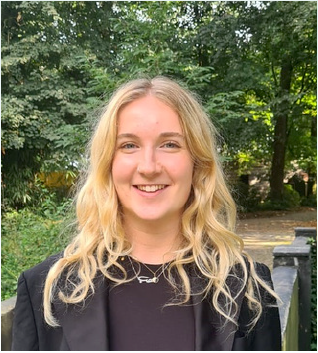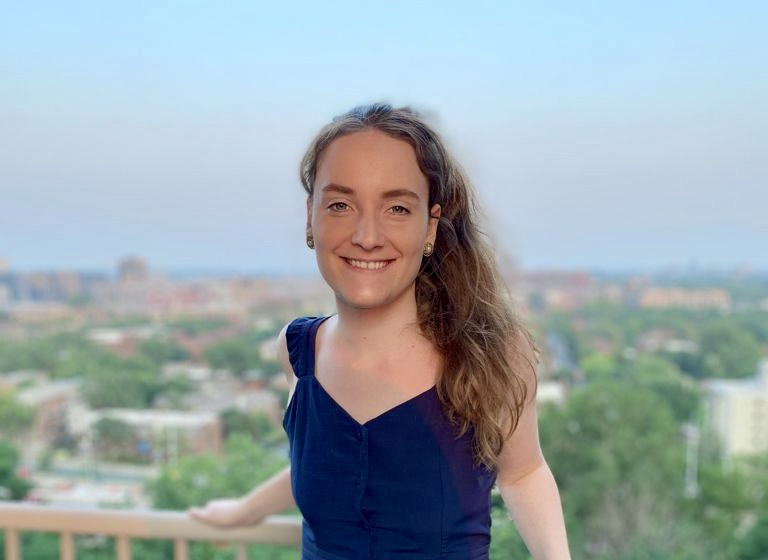GAME CHANGERS
CREATIVE NEGOTIATION SKILL-BUILDING & INTERNATIONAL VIRTUAL EXCHANGE PROGRAM FOR FUTURE CHANGE-MAKERS
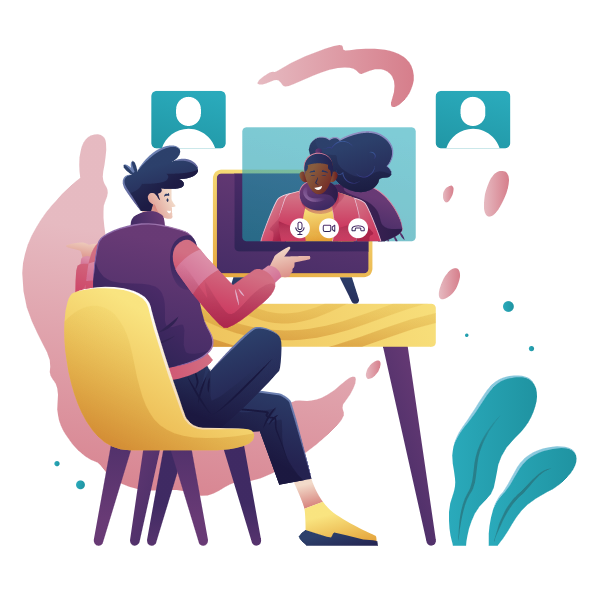
The Game Changers program is supported by the Stevens Initiative, which is sponsored by the U.S. Department of State, with funding provided by the U.S. Government, and is administered by the Aspen Institute. The Stevens Initiative is also supported by the Bezos Family Foundation and the governments of Morocco and the United Arab Emirates.
ABOUT
The Game Changers virtual exchange program, conducted by PATHWAYS Institute for Negotiation Education, brings together undergraduate students from the United States and pre-service teachers from diverse communities in Israel for interactive joint learning and facilitated online exchange focused on developing and applying creative negotiation skills in their schools and communities. In paired exercises, group dialogues, and team-based project work, participants develop intercultural understanding and global awareness while acquiring practical pedagogical and professional tools based on a principled, problem-solving methodology for negotiation developed at the Harvard Negotiation Project. Through the experiential curriculum, participants build their skills and self-confidence while exploring how cooperative, interest-based negotiation can be incorporated into their roles as change-makers and global citizens.
JOIN THE PROGRAM AS A PARTNER
The Game Changers program is supported by the Stevens Initiative, an innovative international exchange initiative. The program is offered free of charge to participating U.S. universities and colleges. As the program grows, we are open to welcoming new partners in the U.S. Please submit the form below to explore offering this program to your students.
SCHEDULE
Tu & Th
M & W
Tu & Th
M & W
Tu & Th
Fall 2024 – Sessions on Tuesdays and Thursdays
Nov 3 – 8 // Asynchronous exchange of introduction videos, personal negotiation scenario, “This I Believe” essay
Nov 12 & 14 // Live sessions on Zoom (11:00-12:20 ET // 18:00-19:20 ISR)
Nov 19 & 21 // Live sessions on Zoom (11:00-12:20 ET // 18:00-19:20 ISR)
Nov 25 – Dec 2 // No sessions in observance of Thanksgiving Break
Dec 1 – 6 // Asynchronous final reflective assignment
M & W
Fall 2024 – Sessions on Mondays and Wednesdays (* 3 live sessions)
Nov 18 & 20 // Asynchronous exchange of introduction videos & live sessions on Zoom (12:20-1:35 ET // 19:20-20:35 ISR)
Nov 25 // Live session on Zoom (12:20-1:35 ET // 19:20-20:35 ISR)
Nov 27 – Dec 2 // No sessions in observance of Thanksgiving Break
Dec 1 – 6 // Asynchronous final reflective assignment
Tu & Th
Spring 2025 – Sessions on Tuesdays and Thursdays (To be scheduled between 11AM – 1PM ET)
Mar 23 – 28 // Asynchronous exchange of introduction videos, personal negotiation scenario, “This I Believe” essay
March 30 – April 5 // No sessions in observance of Eid (March 31st)
April 8 & 10 // Live sessions on Zoom (Time TBD)
April 12 – April 21 // No sessions in observance of Passover, Easter & Patriot’s Day
April 22 & 24 // Live sessions on Zoom (Time TBD)
April 27 – May 2 // Asynchronous final reflective assignment
M & W
Spring 2025 – Sessions on Mondays and Wednesdays (To be scheduled between 11AM – 1PM ET)
Mar 23 – 28 // Asynchronous exchange of introduction videos, personal negotiation scenario, “This I Believe” essa
March 30 – April 5 // No sessions in observance of Eid (March 31st)
April 7 & 9 // Live sessions on Zoom (Time TBD)
April 12 – April 21 // No sessions in observance of Passover, Easter & Patriot’s Day
April 27 – May 2 // Asynchronous final reflective assignment
Summer 2025
May-June 2025 TBD
PATHWAYS
PATHWAYS Institute for Negotiation Education is a non-profit organization promoting “negotiation education” for creative, shared and equitable societies through negotiation skills, leadership, and bridge-building programs for students, educators, and civil society leaders. Our mission is to nurture cooperative and shared societies in which people from different backgrounds and communities have the mindset, skills, and tools needed to creatively and constructively negotiate and problem-solve with one another. Our approach is based on methodology developed at the Harvard Negotiation Project.
More information: www.pathwaysnegotiation.org
QUOTES FROM PARTICIPANTS
“Negotiation appears in many facets of our lives in which we interact with others. If we realize that, it can change our perspective on how we want to ‘show up’ to a given situation.”
“Something that I’ve learned that is important in negoitation is taking time to understand the other’s point of view.”
“I loved all of the activities and negotiation practices. I also really enjoyed the people taking part in it.”
“The program is unique. I liked how it is well-organized and well-studied. The content was presented clearly and precisely.”
“I found the role play activities especially interesting and relevant because I got to actually be able to apply the skills taught.”
“It was super fun overall and I’m glad to have met everyone there!”
ARTICLES
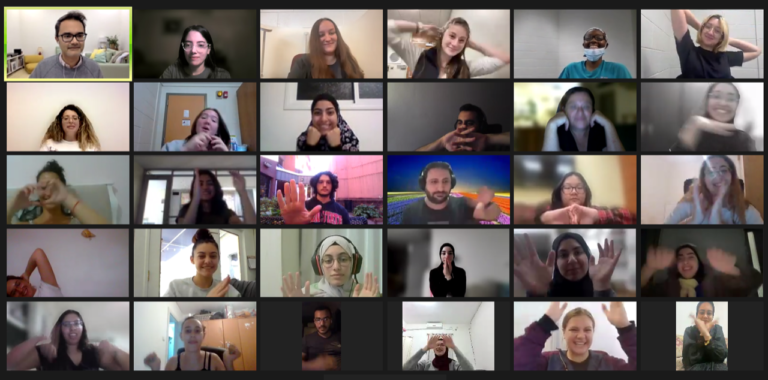
PARTNERS - MENA
PARTNERS - U.S.
We are open to new U.S. universities and colleges joining us. Please contact us using the form below to start the conversation.
FACULTY PARTNERS - MENA
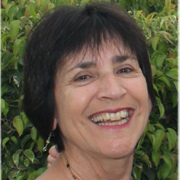
Karen Abel
Beit Berl College
Lecturer and pedagogical advisor
FACULTY PARTNERS - U.S.

Emily Spitzman
Bridgewater State University
Assistant Professor of Teaching English to Speakers of Other Languages (TESOL)

Nancy Murray
Fitchburg State University
Dean, School of Education
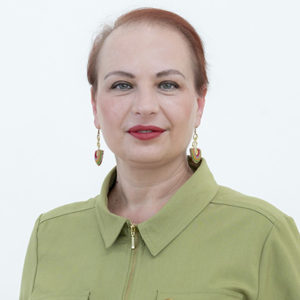
Alina Slapac
University of Missouri-Saint Louis
Associate Professor, Department of Educator Preparation and Leadership

Patrick J. Moore
University of Missouri-Saint Louis
Associate Teaching Professor, English for Academic Purposes and Modern Languages
PATHWAYS TEAM
The Game Changers in Education program is conducted and facilitated by PATHWAYS Institute for Negotiation Education.
Avi Goldstein is the Founder and Director of PATHWAYS Institute for Negotiation Education, and has designed and led a variety of interactive negotiation education and exchange programs with thousands of students and educators across continents. He started his career in 2002 working with Vantage Partners, a consulting firm in Boston, MA spun out of the Harvard Negotiation Project. Over the past decade, Avi has been working in partnership with educators to establish problem-solving negotiation as a life skill taught as part of formal and informal education, from secondary schools to universities. He is now based in Brussels, Belgium and also lectures at a number of universities and colleges, including including Solvay Brussels School for Economic & Management, Vrije Universiteit Brussel, UCLouvain, Erasmushogeschool Brussel, Haute École Francisco Ferrer, Institut des Hautes Études des Communications Sociales, Odisee, and Haute École Galilée.
Jayne Nucete is a negotiation and conflict resolution practitioner. She consults with clients and delivers training on negotiation, conflict resolution, and facilitation skills in the private and public sectors. Ms. Nucete has been facilitating interpersonal skills workshops since 1998. She has delivered training in collaborative negotiation and consensus building for U.S. federal managers, youth-at-risk, Fortune 500 companies, international financial institutions (IFIs), civil society leaders in Guyana, and public health professionals from Latin America, Europe, Africa, and Southeast Asia. Previously, she was the Associate Director and Training Manager for the ICONS Project at the University of Maryland, and in that role she directly managed client relationships at each stage of program development and delivery. Her work at University of Maryland focused on using role play simulations to teach negotiation and crisis leadership in the workplace. In addition, Jayne was an instructor and program manager for Voyageur Outward Bound School. She is an adept outdoorswoman who has spent more than 700 days leading wilderness expeditions through challenging terrain and (often more challenging) group dynamics. Jayne has also extensively negotiated difficult conversations between youth-at-risk and their parents as they attempted to improve their relationships. She volunteers as a mediator and cross-cultural dialogue facilitator.
Jayne earned her MA in International Relations, Conflict Management, and International Economics from the Johns Hopkins University School of Advanced International Studies in Bologna, Italy, and Washington, DC. She holds a BSW in Social Work and a BA in Spanish from the University of Missouri.
Chantay BenShimon is the Program Officer at PATHWAYS Institute for Negotiation Education and the Project Coordinator for Game Changers in Education. She is a recent graduate of the International MA Program in Conflict Resolution and Mediation at Tel Aviv University, where she also received certification in International Mediation from the United Nations Institute for Training and Research. Prior to Chantay pursuing her graduate degree, she completed her BA in Peace and Conflict Studies from the University of North Carolina at Greensboro and completed a mediation training certificate program that allowed her to volunteer as a mediator at her local Neighborhood Justice Center. For over a decade, through volunteering and organizing, Chantay has passionately supported a variety of civil society organizations in the United States and the Middle East.
Noa Maren Welling is a recent graduate of the BA Interdisciplinary Social Sciences at the University of Amsterdam. During her studies she explored a wide variety of topics ranging from sustainable development to social movements in the MENA region. She is currently based in Amsterdam where she works as Student Services Coordinator for CIEE Amsterdam, a non-profit organization that facilitates academic exchanges for students from the US. She’s passionate about experiential learning and believes in the power that certain experiences hold in transforming us. In her role as tech-host for the Game Changers in Education Program she aims to support the facilitator in running smooth sessions, while simultaneously engaging more critically with the material.
Alexandra Merguerian is a recent Master of Arts graduate in Holocaust and Genocide Studies from Uppsala University (Sweden), where she gained valuable insights into the social mechanisms of violence, conflict and its recovery. She has also earned an MA degree in Transnational and Comparative Law from the Université Catholique de Louvain (Belgium). Alexandra has worked in various research roles as well as in grassroots activism in the MENA region, before returning to Brussels where she currently works as a jurist in the fields of asylum, migration, and youth information work. Through this set of experiences, she has developed a genuine passion for creative problem-solving and conflict resolution, always keeping her eyes open to learning new steps and rhythms for effective communication. She now happily supports Pathways backstage as a Tech Host, working hand in hand with our team to fine-tune our materials and ensure a smooth learning experience for our students.
FAQ
The program is being conducted by PATHWAYS Institute for Negotiation Education, a non-profit organization focused on partnering with education systems and institutions to bring learning and practice of creative, problem-solving negotiation into education. The program is being run with support from the Stevens Initiative (see below for more details).
The Stevens Initiative is an international effort to build global competence and career readiness skills for young people in the United States and the Middle East and North Africa by growing and enhancing the field of virtual exchange. Created in 2015 as a lasting tribute to Ambassador J. Christopher Stevens, the Initiative is committed to helping to expand the virtual exchange field through three pillars of work: investing in promising programs, sharing knowledge and resources, and advocating for virtual exchange adoption. The Stevens Initiative has awarded 83 grants and, by summer 2023, will expand its reach to nearly 75,000 young people in 17 MENA countries and the Palestinian Territories, and in 47 U.S. states, Puerto Rico, one tribal community, the U.S. Virgin Islands, and Washington, D.C.
The Stevens Initiative is sponsored by the U.S. Department of State, with funding provided by the U.S. Government, and is administered by the Aspen Institute. It is also supported by the Bezos Family Foundation and the governments of Morocco and the United Arab Emirates.
In 2021, The Stevens Initiative announced support for 19 virtual exchange programs that will prepare young people to be leaders in our interconnected world. The 2021 Stevens Initiative Grantees will engage nearly 19,000 young people, middle school–aged to young professionals, in dynamic and innovative virtual exchange programs designed to promote connection and learning. Depending on the program, participants will learn about the UN Sustainable Development Goals, mental health, coding, COVID-19, and more through dialogue- and project-based activities.
The Game Changers in Education program is open to enrollment by undergraduate education majors and pre-service teachers studying at partner universities and colleges. Universities must become official partners of the program for their students to be eligible to enroll.
The program is currently covered by a grant from the Stevens Initiative. There is no cost to accepted partner institutions or students to participate.
Through interactive exercises, role plays, and group work, students participating in the program will learn a problem-solving approach to negotiation developed at the Harvard Negotiation Project, which they can apply to their work in education. They will connect with peers from diverse backgrounds and build key professional and intercultural competencies. Students completing the program will receive certificates of completion and will be invited to enroll in the Department of State’s International Exchange Alumni Network and the Localized international professional development platform. Students will also receive invitations to additional learning, exchange, and networking opportunities from PATHWAYS and Empower Peace.
Partner institutions in the U.S. recruit cohorts of students to participate in the program, create incentives for student participation, and supervise their students’ participation. Each partner school assigns one point person to help coordinate the program and students’ involvement.
Through the program, partners will be able to provide their students with a unique, interactive, and rewarding virtual learning and international exchange experience – especially valuable during a time when international travel and exchange is limited.
Schools will be publicly recognized as partners of the Stevens Initiative and U.S. Department of State and gain visibility and access to additional exchange and networking opportunities.
We are currently seeking U.S. universities and colleges to join the program, with a focus on undergraduates in social sciences. Please complete the form below and we will be happy to discuss with you.
All MENA spots are currently filled for upcoming editions, but please contact us to express interest in participating in the future editions.
Each semester’s cycle opens with a week of asynchronous activities to get to know one another and to set our frame for “negotiation.” Participants share and comment on one another’s personal introduction videos and brief written assignments.
Then, we bring participants together for 4 interactive workshop sessions on Zoom in cohorts of around 32 students. Cohorts meet twice a week for ~80 minute synchronous learning and exchange facilitated by Pathways facilitators.
The VE program ends with an asynchronous week of creating and exchanging final videos with individual reflections and ideas for application.
The following is an outline of the current curriculum model. Synchronous program sessions include interactive joint exercises and role plays, as well as facilitated intercultural exchanges and discussions between participants from different countries and schools. Asynchronous sessions focus on creative intercultural communication using video to open a two-way window into participants’ schools, communities and perspectives.
- Opening: To begin to get to know one another, participants share creative personal introduction videos giving a glimpse into their schools, lives and interests. Participants reflect on real-life negotiation scenarios and core values.
- Know your Game – We will get to know each other and then, through interactive exercises and a high-stakes role play, explore key choices in negotiation and identify how our assumptions influence our results.
- Creative Negotiation – We will discover and experiment with the seven elements framework developed at the Harvard Negotiation Project through interactive exercises and role plays.
- Preparing to Negotiate – We will practice using a methodical approach to preparing for negotiations using the seven elements framework. Students will work in groups to practice team-based preparation and then conduct negotiations in pairs.
- Constructive Communication – We will take a deeper look at applying communication tools for understanding and navigating different points of view and for engaging in principled and productive influence and joint problem-solving.
- Looking Ahead – What impact can we have with these tools in our lives and communities? We will exchange insights and intentions as future change-makers and leaders.
- Closing – All participants record and share a video in which they share reflections and insights from the program. At certain partner institutions, students write a brief reflection paper and propose a teaching activity or educational initiative to bring to life values, concepts, and tools of the program in schools, communities, or the wider educational system.
Many of our BSU students would love to travel abroad, but they are unable to afford it or fit it into their schedules. Game Changers has allowed our students to interact across cultures and gain negotiation skills virtually. After participating in the program, most students discussed how engaged they were in the program. They explained that the interactive and educational online activities were facilitated creatively; the students looked forward to joining the program every week. Game Changers is a learning experience that has a profound impact on students’ personal and professional lives. They have applied negotiation skills across contexts. For example, several students who work in Special Education explained how helpful the negotiation techniques have been in their meetings with students, parents and families. Professors have shared that integrating Game Changers in their courses enhanced their content and motivated students.
Emily Spitzman, Ph.D.
Bridgewater State University
Associate Professor, TESOL Department
Graduate Coordinator – Bilingual Education Certificate
International Initiatives Co-Fellow
—
My students had an excellent experience in the program last semester. The feedback from every student who participated was extremely positive. They genuinely appreciated having the chance to participate in a cross cultural learning experience. Students commented on how they found the activities completed during the sessions to be informative, memorable and meaningful. I should add that students who completed the experience in Spring 2023 previous semester still talk to me about the positive impact of the course.
The information about the course assignments, attendance, participation, etc. that was provided by Chantay was helpful to me as a course instructor. Having this information enabled me to connect with students regularly about their progress in the course . By not having to track down assignments, I was able to spend additional time engaging with my students about the course material.
It is truly an honor to be part of this transformative learning experience for students.
Karen (DiGiovanni) DeAngelis, Ph.D
Fitchburg State University
Associate Professor
Undergraduate Program Coordinator in Special Education
Graduate Program Chair in Moderate and Severe Disabilities
CONTACT US
Please write us for more information or to express your interest in joining the program as an institutional partner.







